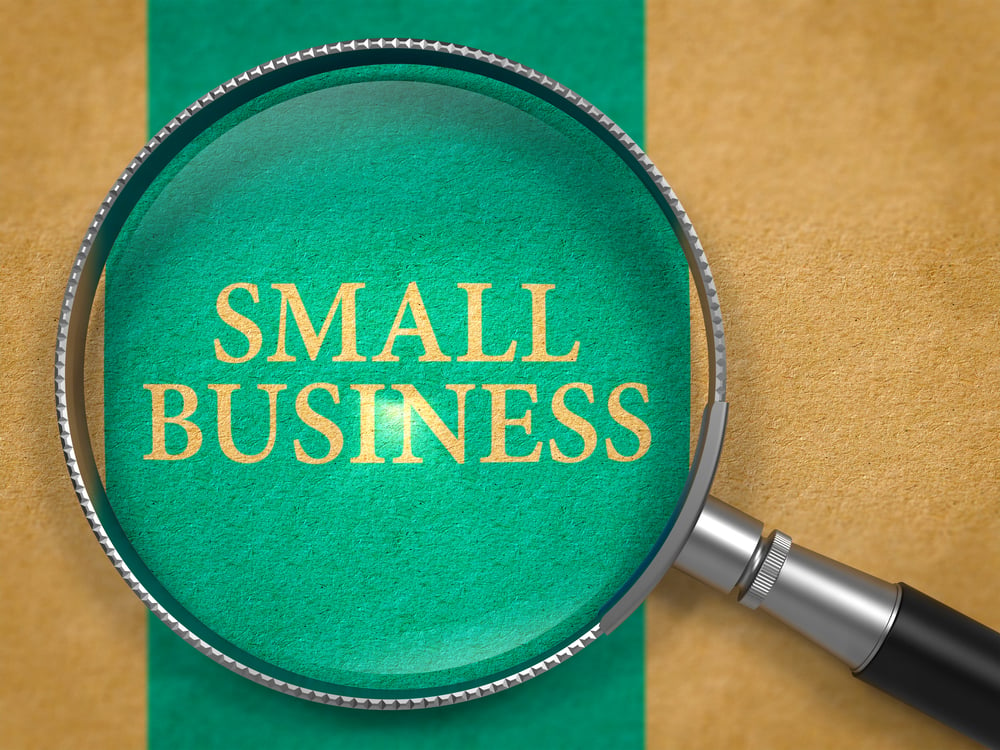3 min read

Owning your own business and/or being self-employed can really have some sweet benefits. Feel like wearing sweatpants all week? Done. Want to sleep in on Tuesdays? No problem. Want to listen to Wu-Tang Clan all day at work? Queue up the 36 Chambers and set it on repeat.
Now, it’s clear that working for yourself can mean a lot of flexibility, but it can also come with some unwelcome challenges. One of which can happen when applying for a mortgage. Big banks offering traditional loans typically want to see a few recent pay stubs and a couple of W2s. This can become a challenge because small business owners and the self-employed often don’t have this. Don’t go brushing up your resume to solve this though. You can still listen to Wu-Tang in your sweatpants and get a mortgage, sleepyhead.
The solution is a bank statement loan. This type of loan uses - you guessed it - bank statements to verify the borrower’s income instead of tax returns and pay stubs. While a bank statement loan is an alternative loan, the basic premise is the same. The lender wants to check to see how much the borrower can afford and if the borrower can repay the loan. It’s key not to forget this basic principle.
Once the lender has 12-24 months of bank statements, they can calculate the borrower’s debt to income ratio. If you need a refresher on debt to income ratios, check out this blog post. They will also check your credit history.
Now that you know the basics, here are some tips to increase your chances of getting that bank statement loan approved.
- Connect with your accountant. If you run your own business, I’m just going to assume you work with an accountant. If you don’t, you may want to consider doing so. An accountant will help save you time for sure, but a good one can also help maximize your dollars and cents. The reason you’ll want to connect before applying for a loan is that you’ll need some financial documents to help strengthen your application. Typically your profit and loss statement and balance sheet are good starting points. There may be other documents that the lender requests, so having someone you can rely on to get those to you in a timely manner is key.
- Demonstrate proof of insurance. This is something that makes a lender all warm and fuzzy on the inside. It’s a little extra bit of peace of mind that if things go sideways for your business, you are protected and at less of a risk to default on the loan.
- Keep an updated client list. Something that shows your customers and communicates how much each pays. It will show the lender the scope of your business and help them understand where and who money is coming from.
- Keep your business and personal expenses separate. This is a good housekeeping tip whether you are applying for a bank statement loan or not. But it really does the lender a solid. It will help them easily calculate your debt to income ratio. Having personal and business financials mixed or tied together can inflate your debt to income ratio and make chances of getting approved lower.
I hope this blog post has helped you learn a bit more about the best ways to improve your chances of getting approved for a bank statement loan. If it’s Tuesday, go ahead and start your day with lunch.
Table of Content

Take your pick of loans
Experience a clear, stress-free loan process with personalized service and expert guidance.
Get a quote


